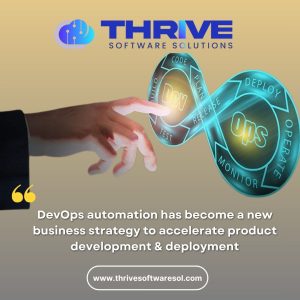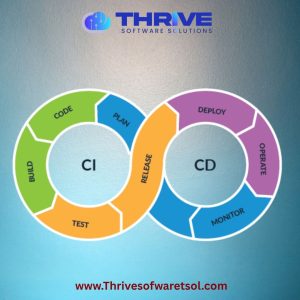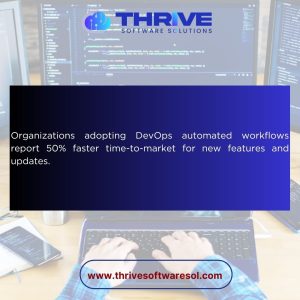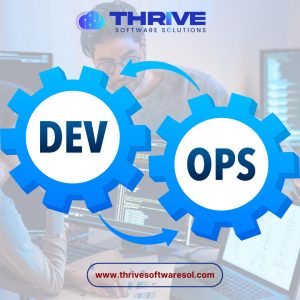As enterprises navigate the rapidly evolving digital landscape of 2025, the pressure to deliver software faster, more reliably, and at scale has never been more intense. Traditional software development methodologies, with their siloed teams and lengthy release cycles, simply cannot meet the demands of modern business agility. This is where DevOps solutions emerge as the transformative force that fundamentally reshapes how organizations build, deploy, and maintain software systems. [Statista]
The Enterprise Software Delivery Challenge
Modern enterprises face a complex web of challenges that traditional development approaches struggle to address. Legacy systems, disparate teams, and manual processes create bottlenecks that significantly impede software delivery velocity. Organizations operating without DevOps solutions typically experience deployment cycles ranging from weeks to months, with failure rates that can reach 30% or higher.
The cost of these inefficiencies extends far beyond delayed features. Research indicates that companies utilizing traditional software delivery methods experience 96 times slower recovery from failures compared to organizations that have implemented comprehensive DevOps solutions. This dramatic difference in operational resilience directly impacts customer satisfaction, revenue generation, and competitive positioning in the marketplace.
Furthermore, the siloed nature of traditional development creates communication barriers between development, operations, and security teams. These organizational divides result in misaligned priorities, duplicated efforts, and a reactive approach to problem-solving that undermines both speed and quality objectives.
Accelerating Delivery Through Automation and Integration
DevOps solutions fundamentally transform software delivery by implementing continuous integration and continuous deployment (CI/CD) pipelines that automate previously manual processes. Organizations adopting these automated workflows report 50% faster time-to-market for new features and updates. This acceleration stems from the elimination of manual handoffs, standardized deployment procedures, and automated testing protocols that catch issues early in the development cycle.
The integration capabilities inherent in modern DevOps solutions enable seamless collaboration between previously isolated teams. By breaking down organizational silos, enterprises can achieve 83% improved collaboration across development and operations functions. This enhanced cooperation translates into shared accountability, faster decision-making, and more effective problem resolution when issues arise.
Continuous integration practices ensure that code changes are automatically tested and integrated multiple times daily, preventing the accumulation of technical debt and reducing integration complexity. This approach enables organizations to deploy updates 200 times more frequently than traditional methodologies while maintaining system stability.
Enhancing Quality and Reliability
Contrary to the misconception that speed compromises quality, DevOps solutions actually enhance software reliability through systematic testing and monitoring practices. Automated testing frameworks integrated into CI/CD pipelines ensure that every code change undergoes comprehensive validation before reaching production environments.
Organizations implementing DevOps solutions report 69% reduced deployment failures and 3x lower change failure rates. This improvement in reliability stems from the shift-left approach to quality assurance, where testing occurs throughout the development process rather than as a final gate before deployment.
The continuous monitoring capabilities embedded in modern DevOps solutions provide real-time visibility into system performance, enabling proactive identification and resolution of potential issues. Teams utilizing these monitoring tools achieve 24 times faster recovery from failures, minimizing downtime and its associated business impact.
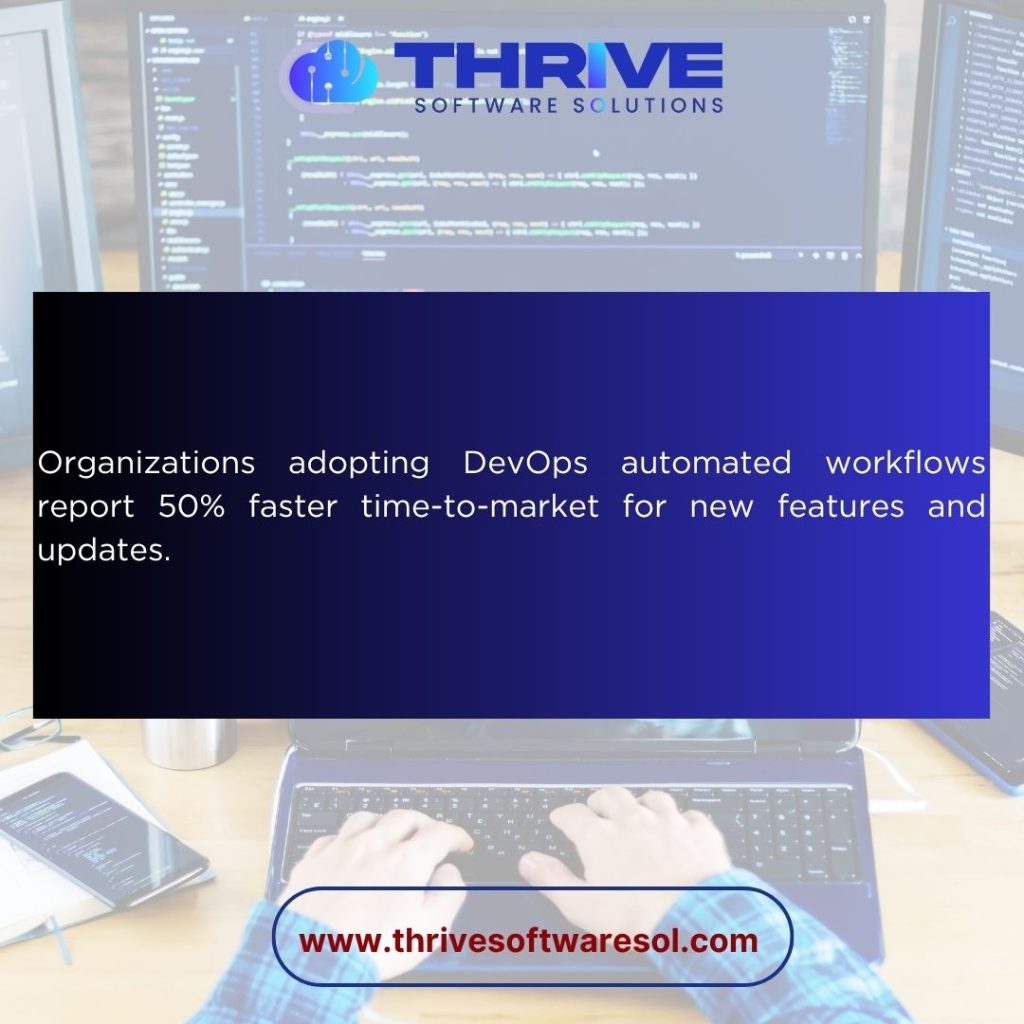
Operational Efficiency and Cost Optimization
DevOps solutions deliver substantial operational efficiency gains by automating repetitive tasks and optimizing resource utilization. Organizations report 20-30% cost reduction in development and operational expenses following DevOps adoption. These savings result from reduced manual labor, decreased downtime, and more efficient infrastructure usage.
The scalability benefits of DevOps solutions become particularly evident in cloud-native environments, where containerized applications and infrastructure-as-code practices enable dynamic resource allocation. Companies leveraging these capabilities can scale applications in response to demand fluctuations without manual intervention, optimizing both performance and costs.
Productivity improvements represent another significant benefit, with 59% of organizations reporting increased employee productivity after implementing DevOps solutions. Developers can focus on innovation and feature development rather than deployment logistics, while operations teams can concentrate on strategic initiatives rather than firefighting production issues.
Measurable Business Impact
The business impact of DevOps solutions extends well beyond technical metrics to encompass tangible financial and operational outcomes. Research demonstrates that 99% of companies report positive organizational impact from DevOps adoption. These improvements manifest as enhanced customer satisfaction, increased market responsiveness, and stronger competitive positioning.
Leading enterprises have achieved remarkable results through strategic DevOps solutions implementation. Amazon reduced feature deployment time from days to minutes, while Netflix performs hundreds of deployments daily without service disruption. These case studies illustrate the transformative potential of comprehensive DevOps adoption when executed with proper planning and organizational commitment.
The return on investment for DevOps solutions typically manifests within the first year of implementation, with 70% of companies reporting improved ROI through faster delivery cycles, reduced operational costs, and enhanced software quality.
Learn more about the top 6 DevOps technology trends in 2025.
Strategic Implementation Considerations
Successful enterprise adoption of DevOps solutions requires careful attention to cultural transformation alongside technological implementation. Organizations must foster a collaborative mindset that transcends traditional departmental boundaries while investing in training and skill development for team members.
The selection of appropriate tools and platforms plays a crucial role in achieving desired outcomes. Modern DevOps solutions should provide comprehensive coverage across the software delivery lifecycle, including source code management, automated testing, deployment orchestration, and monitoring capabilities.
Conclusion
The evidence overwhelmingly demonstrates that DevOps solutions represent not merely an operational improvement but a fundamental business imperative for enterprises seeking to thrive in the digital economy. Organizations that embrace these transformative practices position themselves to deliver superior customer experiences while achieving operational excellence.
For enterprises in Washington state and beyond seeking to unlock the full potential of DevOps transformation, Thrive Software Solutions stands as a trusted partner with deep expertise in implementing comprehensive DevOps solutions. Our proven track record of helping organizations achieve measurable improvements in delivery speed, quality, and operational efficiency makes us the ideal choice for your DevOps journey.

